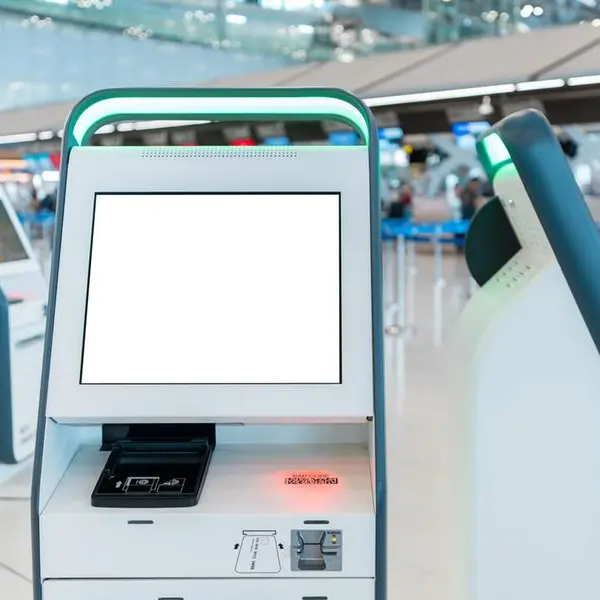PHOTO
Very soon, it will be five years since VAT was implemented in the UAE. We often get to meet small business owners and discuss their taxation queries. In the process, we get a chance to review their tax compliance history.
At times, we discover unsettling situations. The small business would be sitting on significant administrative penalties say, for late submission and/or non-submission of VAT returns and be completely unaware of it. The reason - the communication details on the e-services portal would be that of an outsourced service provider. As a result, the small business owner is neither aware of the emails/alerts sent by the Federal Tax Authority (FTA) or receive any telephonic communications from FTA.
Small businesses could take following steps to take control of their tax compliance:
Step 1: Ensure access to the email and telephone registered on the e-services portal
FTA sends regular updates to the registered taxpayers whenever their VAT returns are due during a month. Once a VAT return is submitted or a tax payment is made, an acknowledgement is sent through email and SMS. Similarly, whenever an administrative penalty is imposed, the communication is generally received through email/SMS.
However, all such communications are sent on the email address/phone number registered with the FTA on the e-services portal.
Small businesses should ensure that they have access to such emails and phone numbers. It will ensure that they receive the FTA communications directly.
Step 2: Update the email and telephone on the e-services portal
If the business owners do not have access to the email/phone, they should update the communication details on the e-services portal. FTA allows a registered taxpayer to change the email address and/or telephone number originally provided during VAT registration. The process is fairly simple and fast.
In special circumstances wherein a business owner is unable to even access the e-service portal to update the details, they can approach FTA to create new login details to access the portal.
Step 3: Periodically review the e-services portal
Even if the tax compliance has been outsourced, the business owners should periodically review the e-services portal themselves to stay updated on the compliance status.
The owners should specially review the ‘My Payments’ section of the portal. ‘My Payments’ section contains various details of the VAT returns, tax payments and penalties imposed by FTA.
The section contains a table called ‘VAT Transaction History’. The ‘VAT Transaction History’ provides specific details such as the date and time when a particular tax return has been submitted, when a tax payment has been made and when a penalty has been imposed. The table can be downloaded in excel and should be reviewed to determine if any compliance lapse has occurred.
The businesses should regularly review their ‘VAT Transaction History’.
Step 4: Review the VAT returns submitted
Business owners are right in focusing on their operations and outsource the non-core activities. However, it would be prudent to undertake a macro review of the numbers reported in the VAT returns. A quick review should help in getting a ‘sense check’ that the numbers resonates with the actual sales and purchases. Any errors in the VAT returns can now be corrected on or before the due date of VAT returns without incurring additional penalties. If FTA were to detect errors in the VAT return, significant penalties could be imposed for incorrect returns.
Concluding remarks
Benjamin Franklin has once said ‘Nothing is certain except death and taxes’. Taxes might be perceived as scary as death, but should not be avoided as one ignores death. Ignoring tax compliance could not only be financially harmful but also impact the business continuity. As we talk about business success and prosperity, wishing you a happy and prosperous Deepavali.
Copyright © 2022 Khaleej Times. All Rights Reserved. Provided by SyndiGate Media Inc. (Syndigate.info).





















